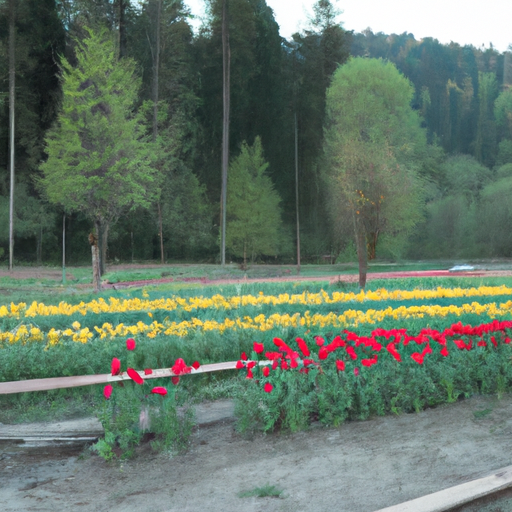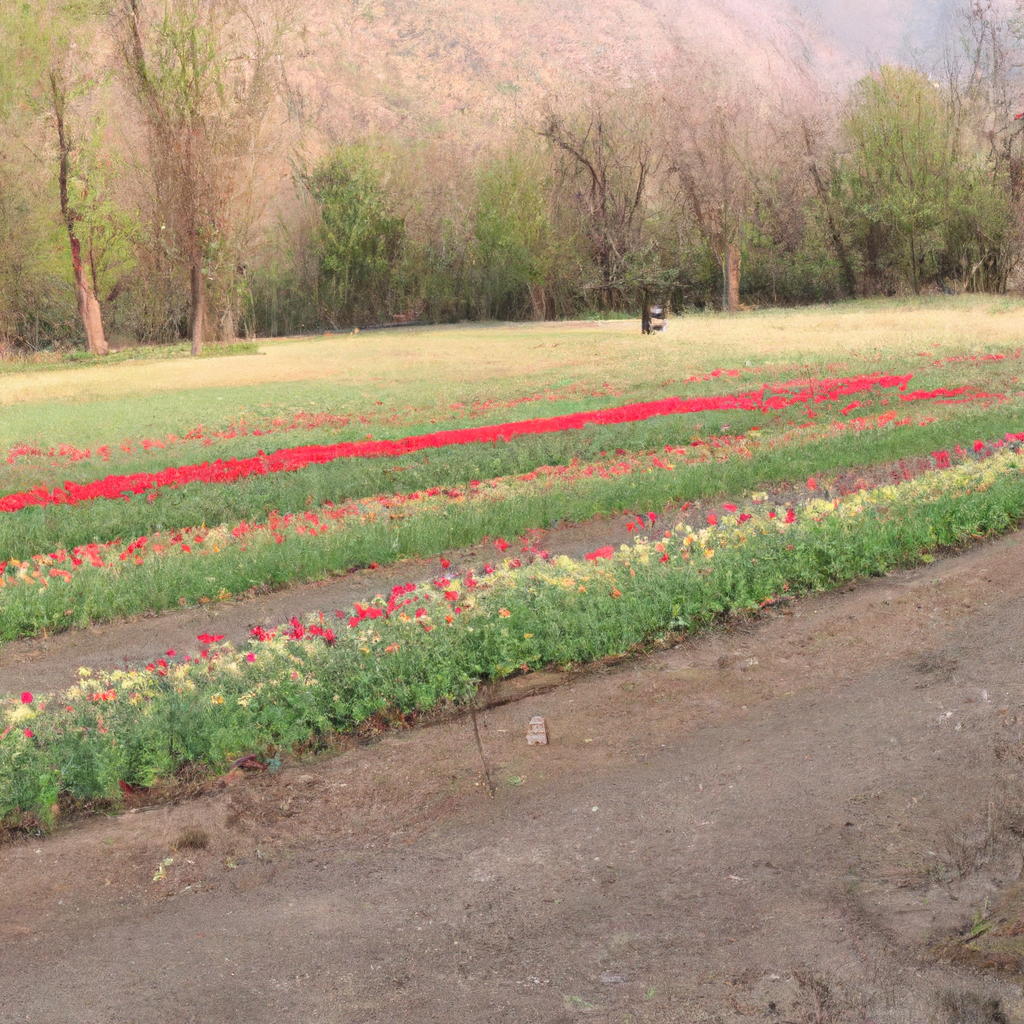-
Table of Contents
When Tulip Garden Closed in Kashmir 2024: A Deep Dive

The year 2024 marked a significant event in the history of Kashmir’s tourism industry. The Tulip garden closed in Kashmir, a major tourist attraction, had far-reaching implications. This article explores the reasons behind the closure, its impact on the local economy, and also the subsequent efforts to revive this iconic landmark.
The Closure of the Tulip Garden
In 2024, officials closed the Tulip Garden in Kashmir indefinitely. This garden, famous for its vibrant display of over 60 varieties of tulips, closed down due to a combination of environmental concerns and financial constraints. Thousands of tourists visited the garden annually, but it was suffering from severe degradation caused by over-tourism and climate change.
Environmental Concerns
One of the primary reasons for the closure was the increasing environmental degradation. The garden was witnessing a decline in the quality and quantity of tulip blooms, primarily due to climate change and pollution. The changing weather patterns in Kashmir were not conducive to the growth of tulips, leading to a significant drop in their numbers.
- Climate change: The changing weather patterns in Kashmir, characterized by unpredictable rainfall and temperature fluctuations, were not conducive to tulip growth.
- Pollution: The influx of tourists led to an increase in pollution levels in the garden, affecting the health of the tulips.
Financial Constraints
Another significant factor contributing to the closure was the financial constraints faced by the garden’s management. The cost of maintaining the garden, coupled with the declining number of tourists due to the deteriorating condition of the garden, led to a financial crunch.
Impact on the Local Economy
The closure of the Tulip Garden had a significant impact on the local economy. The garden was a major source of income for many local businesses, including hotels, restaurants, and also souvenir shops. The closure led to a decline in tourist footfall, resulting in a loss of income for these businesses.
Revival Efforts
Recognizing the importance of the Tulip Garden for the local economy and its cultural significance, efforts were made to revive it. These efforts included implementing sustainable tourism practices, investing in infrastructure, and also launching awareness campaigns about the importance of preserving the garden.
- Sustainable tourism: The management introduced measures to limit the number of tourists visiting the garden at a time to reduce the environmental impact.
- Funds allocated for improving the garden’s infrastructure include irrigation systems and pollution control measures.
- We launched campaigns to educate tourists about the importance of preserving the garden and to promote responsible tourism.
Conclusion
The closure of the Tulip Garden in Kashmir in 2024 was a significant event that highlighted the challenges faced by tourist attractions in the face of environmental changes and financial constraints. However, it also served as a wake-up call, leading to efforts to revive the garden through sustainable practices and also infrastructure investment. So, The story of the Tulip Garden serves as a reminder of the importance of balancing tourism with environmental conservation and financial sustainability.
Read More: Does it rain heavily in Kashmir?



0 Comment